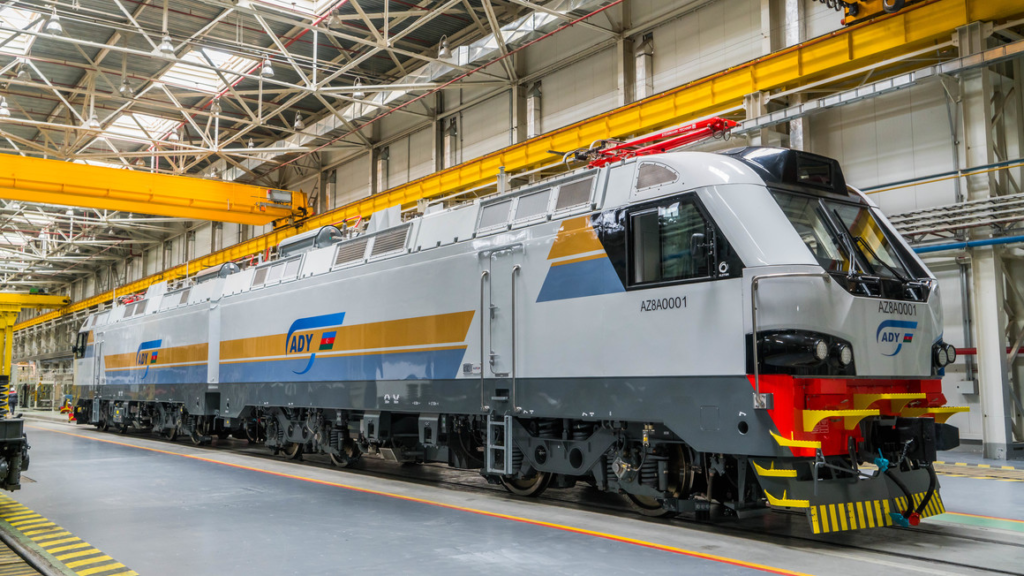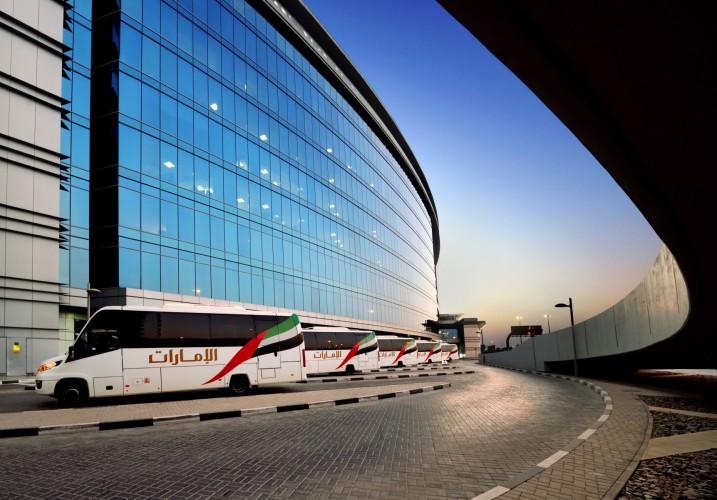Alstom Successfully Commissioned First Seven Freight Locomotives in Azerbaijan
Alstom has successfully commissioned the first 7 Prima T8 AZ8A freight locomotives to Azerbaijan Railways (ADY). These locomotives will run on the main freight transit line, which has recently been converted from 3 kV DC to…

